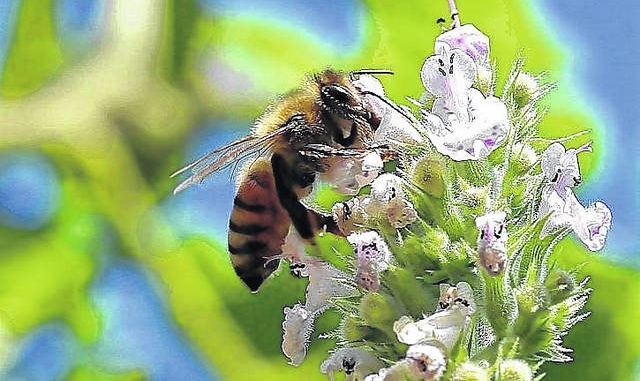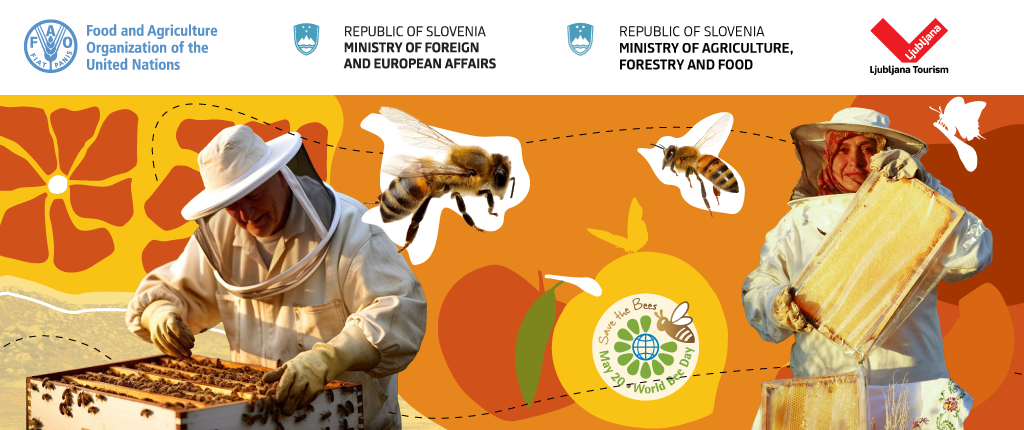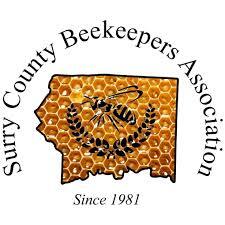Helping Honey Bees Survive
Richmond County Daily Journal
By: Paige Burns – CED, Horticulture
It’s widely known that honey bees and other pollinating insects are in a fight for their very existence. Honey bees are of vital importance in agriculture, pollinating many crops, including almonds, strawberries, and blueberries, to name just a few. Their loss would have a profound effect on humans, as pollination is required for crops that make up approximately a third of our diet. While there are other pollinators besides honey bees, they too are in danger of population collapse, and are less effective from an agricultural perspective than honey bees. As we start a new year and a new decade, consider what personal steps you can take to help preserve and protect honey bees and all pollinators.
One of the most critical actions is to use insecticides in your yard and garden only as a last resort, and then only after reading the label and using the insecticide correctly to lessen potential impact on honey bees. Often, cultural methods exist that can help reduce pests, as well as alternative, yet still effective, pesticides which can keep your plants and vegetables healthy with less impact on pollinators. Another valuable action is to reduce the size of your lawn and put its place native plants with flowers that provide nectar and pollen for insects. Due to habitat loss, honey bees and other pollinators often suffer from poor nutrition, especially at critical times of the year such as early spring and fall. Not all flowers have beneficial pollen or nectar, so be sure to choose ones that support pollinators whenever possible. Many native pollinators also use plants as their homes, such as the hollow stems of dried grasses, or dead tree snags, so consider what habitat you can provide as well.
Finally, if you have the time and inclination, consider becoming a beekeeper yourself. There are many resources to assist you, including Richmond County’s own Beekeeping Association, which meets monthly at the Extension office. Honey bees are wonderful to watch and the sweet reward of getting “your” own honey is unsurpassed!
If you’re looking for ways to help honeybees, we’re happy to help at your Cooperative Extension office. Call or come visit us at 123 Caroline Street. Visit our website, richmond.ces.ncsu.edu for more information.
Paige Burns









